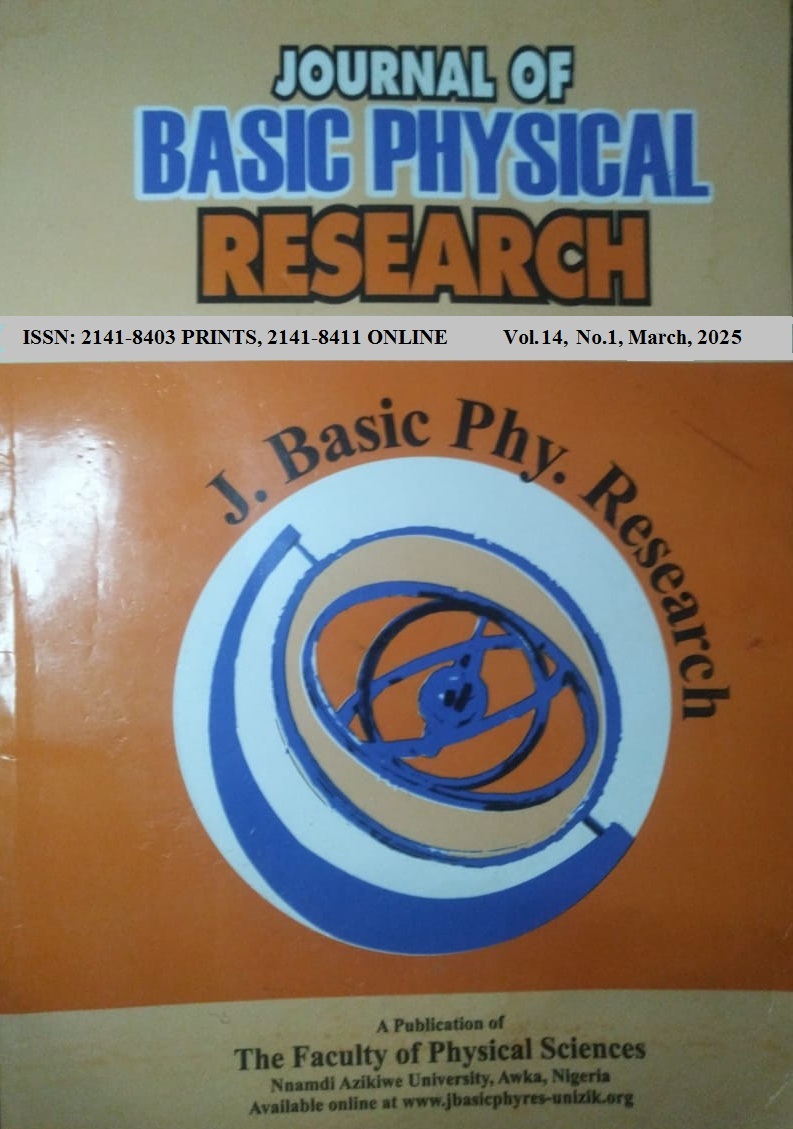ESTIMATION OF LOCAL EARTHQUAKE MAGNITUDE FROM MACROSEISMIC INTENSITY DATA AT IGBOGENE, BAYELSA STATE, NIGERIA.
Keywords:
Nigeria, seismicity, Igbogene, Earth Tremor, Macroseismic Intensity, Location, MagnitudeAbstract
of these tremors went unrecorded due to the lack of monitoring seismic stations. Therefore, this study aims
to determine the location parameters for the June 10, 20216 earth tremor, which was widely felt in parts of
Bayelsa and Rivers States (with attendant damage to infrastructure) but was not recorded by any seismic
stations. The method involves the acquisition of Macroseismic Intensity data using structured questionnaires
and administered to residents (such as technicians, artisans, farmers, traders, students, health workers,
academicians, and other professionals from other sectors) of the affected communities; as well as visual
observations to estimate the damage caused by the tremor. The results revealed that the tremor’s epicenter
was located at Igbogene, a border town between Rivers and Bayelsa States, with intensities III-V on the
Modified Mercalli scale, and estimated magnitudes of 3.0-3.6 on the Richter scale. We also established that
the significant damage to structures in the affected communities was due to soil amplification, given the
relatively small magnitude of the event. This study has addressed the research gap regarding the location
and magnitude of an earthquake that seismic stations could not record. The findings are significant as they
will be applied in similar situations in the future, thereby improving our understanding of Nigeria's
seismicity and seismotectonic context.


